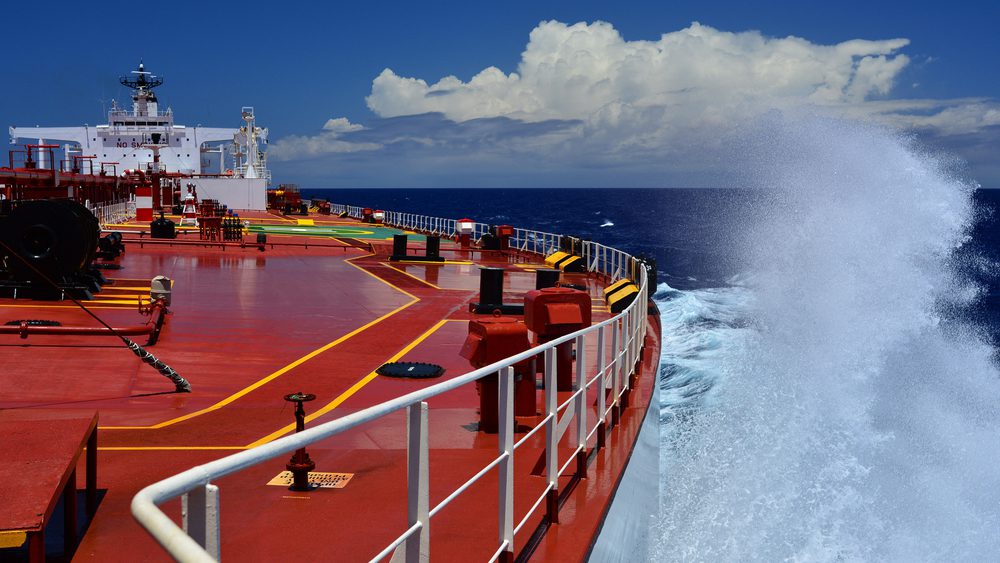Photo: By G-Valeriy / Shutterstock
By Olivia Raimonde and Alex Longley (Bloomberg) — Oil’s historic rebound this month from its dramatic plunge below zero is running into headwinds.
While crude has surged almost 80% in May, driven by massive supply curbs by producers across the world, prices are still well below levels at the start of the year. Market watchers say demand that was crushed by the coronavirus pandemic will need to show a sustained improvement globally for the rally to extend further.
For now, the outlook for consumption still looks bleak. Virus-related lockdowns are easing, but demand isn’t yet roaring back in the U.S. Fuel sales that were clobbered in European nations such as Spain and Italy will take time to recover. While China is a bright spot, the rest of Asia is still struggling. There’s also the risk that oil’s advance could tempt producers to turn on their taps again.
“At the end of the day, what is driving everything is fuel demand,” said Tom O’Connor, senior director of petroleum markets at global consultancy ICF. “There is going to be an underlying depression in demand that is going to be there for some time.”
Apart from concerns over demand, the prospect of deteriorating U.S.-China relations is also hampering crude’s record advance this month. Broader risk assets such as stocks are also limping, with investors weighing data showing the biggest drop on record in American consumer spending.
U.S. crude futures fluctuated Friday, as Federal Reserve Chairman Jerome Powell defended aggressive action to shield the economy as the coronavirus pandemic took hold. West Texas Intermediate oil was down 0.8% at $33.44 a barrel at 11:47 a.m. New York time, after earlier briefly treading into positive territory. Prices are still headed for the biggest monthly jump in data going back to 1983.
Global benchmark Brent crude in London was trading down 1.1% at $34.89 a barrel. Prices have rallied about 38% this month.
Meanwhile, U.S. President Donald Trump is poised to sign a measure that would punish Chinese officials for imprisoning more than one million Muslims in internment camps, as he looks to rebuke Beijing over its crackdown in Hong Kong and its response to the coronavirus.
“It’s a bit of a potentially volatile environment right now,” O’Connor said regarding tensions between the world’s two largest economies. “If it affects relationships to the point that the Chinese aren’t going to take crude exports from the U.S., that would have a negative effect.”
–With assistance from Sharon Cho and James Thornhill.
© 2019 Bloomberg L.P

 Join The Club
Join The Club











